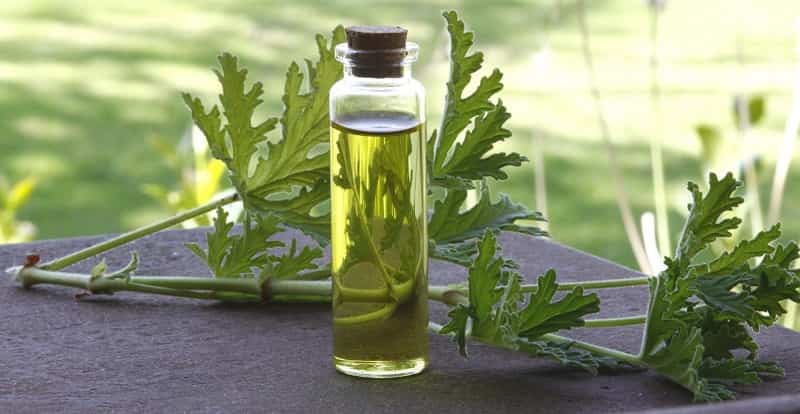As interest and preference in herbal skin care and cosmetics grows, the number of players in the market has also multiplied. In fact, the term ‘herbal’ and ‘natural’ has become almost ubiquitous. The concern here is the authenticity of these products. How many of these manufacturers actually use herbs or herbal extracts?
Before you look for the authentic brand, understand what herbal skin care cosmetics are. Herbal products contain one or more herbs with a permissible cosmetic base. In addition, herbal skin care products use only natural elements as the base. A number of products today use traditional Indian formulas such as those prescribed in the Ayurveda.
But given the huge numbers of such products how can we sift the authentic from the fake? Here are some tips:
What To Look in Herbal Skin Care Products

Don’t believe in the ‘miracle’
Steer clear of any products that promise outrageous miracles because there really are none. Herbal Products are not cure all and neither can they reverse the irreversible. They cannot stop you from ageing, but they can keep your skin softer. They cannot make your lips red, but they can give you red pigment which can be applied on your lips.
Check the ingredients
A cosmetics product, like any food product, should list all ingredients that go into its making. Carefully read through the ingredient list to know whether the product is actually all natural. Some companies use a token herb on a largely chemical base. So, look out for any such markers. Some of the chemicals often found in cosmetics are 1,4-dioxane, aluminum chlorohydrate, ammonia, dibutyl phthalate, formaldehyde, lead actetate, mercury and parabens.
Check for fragrance
Many products list ‘parfum’ or ‘fragrance’ as one of their ingredients. These are artificial fragrance mixtures that are used to give the product a pleasant aroma. The problem is that many such fragrance compounds are actually chemicals and are common allergens. You can look for products that are fragrance free or use natural fragrance compounds.
Look for the right packaging
Here we are not asking for sleek modern packaging, but rather non-toxic and recyclable products. Not only are these better for the environment, they are also less likely to react with the product. Glass is a good neutral packaging material, but not seen frequently in product packing. In plastics look for PET, HDPE, polycarbonate and Polypropylene. Look out for PVC, which is a hazard for the environment and our health.
Buy organic products
Not all natural products are fully natural. Remember even herbs and natural ingredients can be conduits for chemicals through pesticides that go into growing the source plants. Organic products use only organically grown plants and herbs, which are, in turn, grown without any chemicals or synthetic fertilizers.
Understand the company philosophy: You do not want to buy products from a company that is just looking to make a quick buck. Committing to herbal skin care cosmetics when there are cheaper products and methods of production is also a matter of committing to the philosophy. Check the company website for their commitment on using sustained farming methods, commitment to the local environment and people, attitude towards animal testing etc.









